
Bad Roads Reduce Trade Volumes by 18%
Economists from HSE University and the Vienna University of Economics and Business have figured out why, all else equal, trading goods across borders can be more expensive than trading the same goods within state borders. They argue that one of the reasons is underdeveloped infrastructure in border regions. Their study was published in the Journal of Urban Economics.
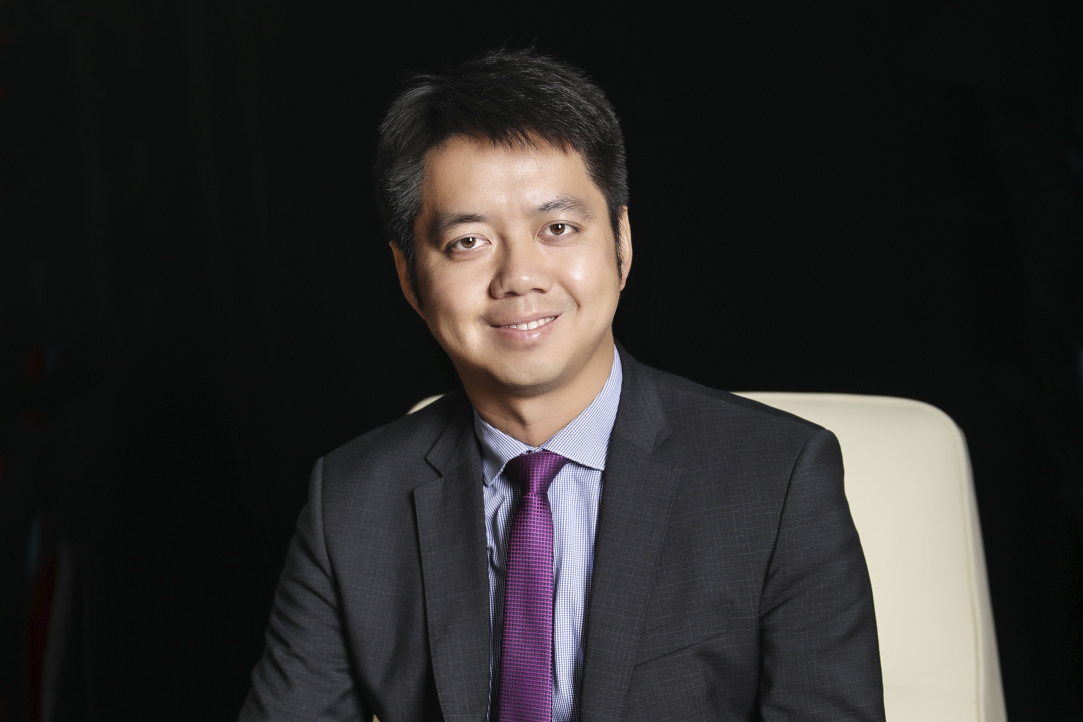
‘Economic Relations between China and Russia Are Based on the Principles of Mutual Respect’
On October 6, Dr Wang Wen, Executive Dean of Chongyang Institute for Financial Studies (RDCY) and Vice President of Silk Road School, Renmin University of China (RUC), will speak on 'China-Russia Cooperation: Opportunities and Challenges' at HSE University. In the run-up to the event, the HSE News Service talked to Dr Wang Wen about the current state of Sino-Russian economic relations.
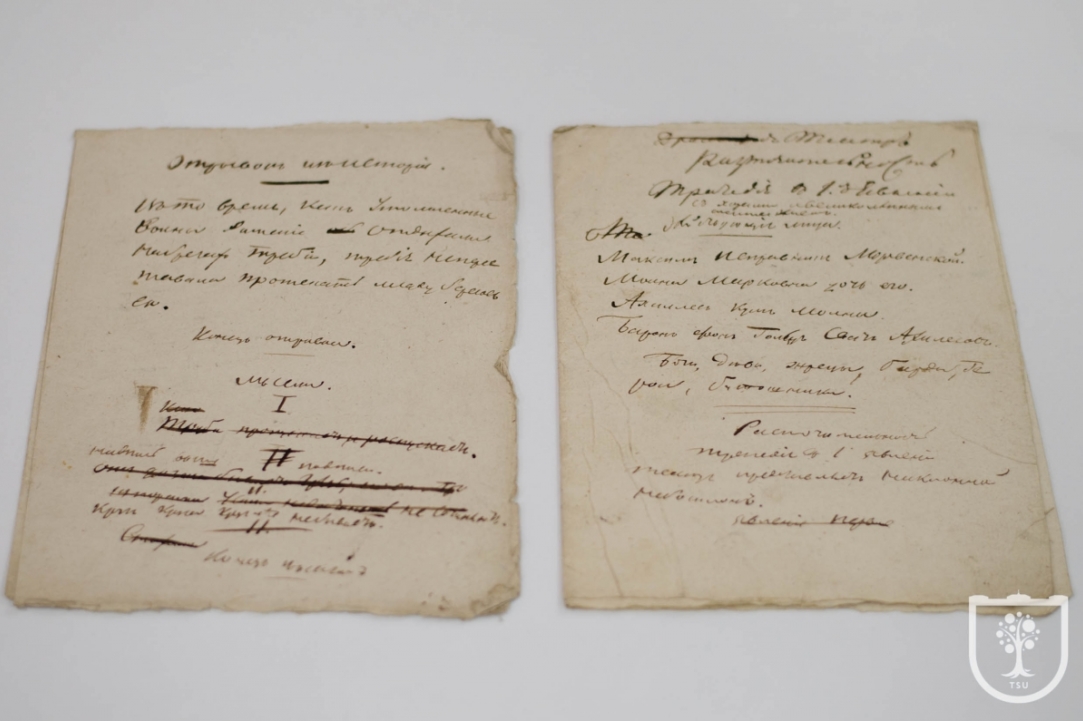
Digitization of Manuscripts: Months of Searching Can Turn into Hours and Even Minutes
HSE staff members are participating in the ‘Russian Cultural Heritage: Intellectual Analysis and Thematic Modeling of the Corpus of Handwritten Texts’ project. This is aimed at developing a methodology for the automated analysis of manuscripts, eliminating the need for manual processing. HSE News Service spoke to Ekaterina Boltunova, project manager, Professor, Head of the Laboratory 'Russia’s Regions in Historical Perspective' at HSE Faculty of Humanities.

HSE University Researchers Adapt Emotional Contagion Scale to Russian Language
Scholars from the HSE Institute for Cognitive Neuroscience have translated the Emotional Contagion Scale into Russian and validated it on Russian-speaking participants. It was the first study of how people unconsciously ‘catch’ other people’s emotions using a Russian sample. The results of the survey, which involved more than 500 respondents, demonstrate that women are more inclined to imitate emotions of others than men. The study was published inFrontiers in Psychology.

Russian Scientists Teach AI to Analyse Emotions of Participants at Online Events
HSE researchers have proposed a new neural network method for recognising emotions and people's engagement. The algorithms are based on the analysis of video images of faces and significantly outperform existing single models. The developed models are suitable for low-performance equipment, including mobile devices. The results can be implemented into video conferencing tools and online learning systems to analyse the engagement and emotions of participants. The results of the study were published in IEEE Transactions on Affective Computing.

In Assessing Motivation, Rating Scales Are Far from the Best Choice
Researchers from HSE University and the Pushkin Institute have demonstrated that pairwise comparisons work better than rating scales for measuring motivation. The reason is that many people cannot rank their motives in a hierarchical fashion. The study findings are published in Frontiers in Psychology.
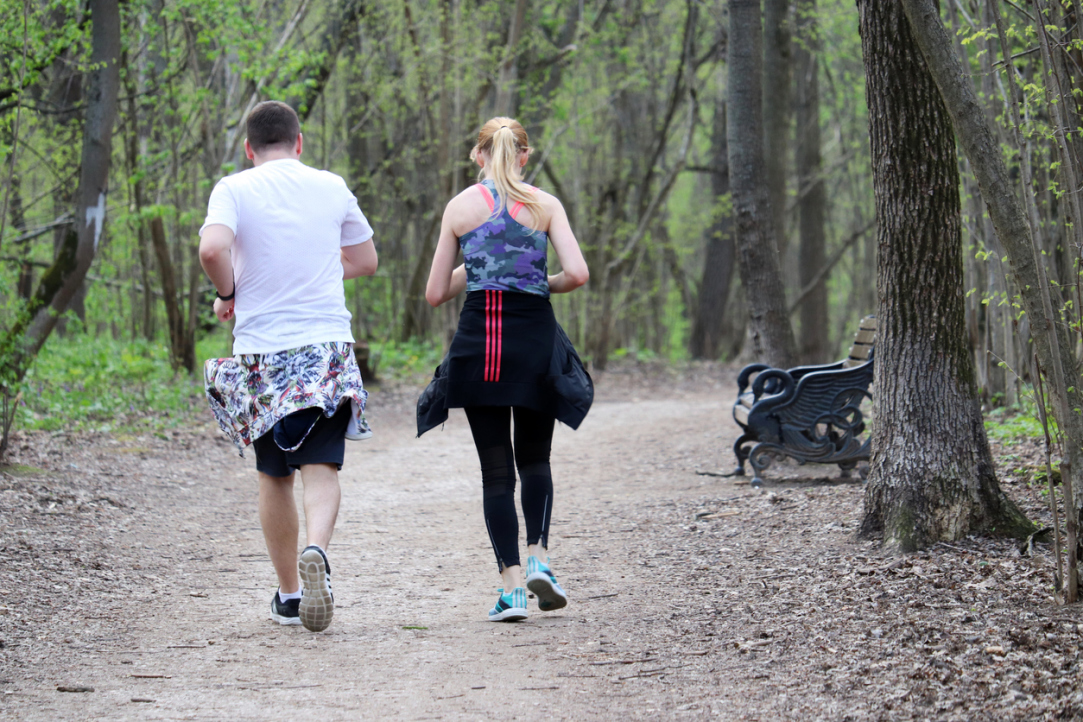
Physical Activity Found to Increase Life Satisfaction in Young Russians
Assistant Professor of the HSE Faculty of Economic Sciences Natalia Khorkina and Master's student in Economics Valeria Gritchina examined the relationship between physical activity and life satisfaction among young Russians aged 16 to 25 to gain a better understanding of the role exercise can play in young adults' subjective well-being. The researchers found that being physically active tends to contribute to a positive outlook on life, but mainly for men.
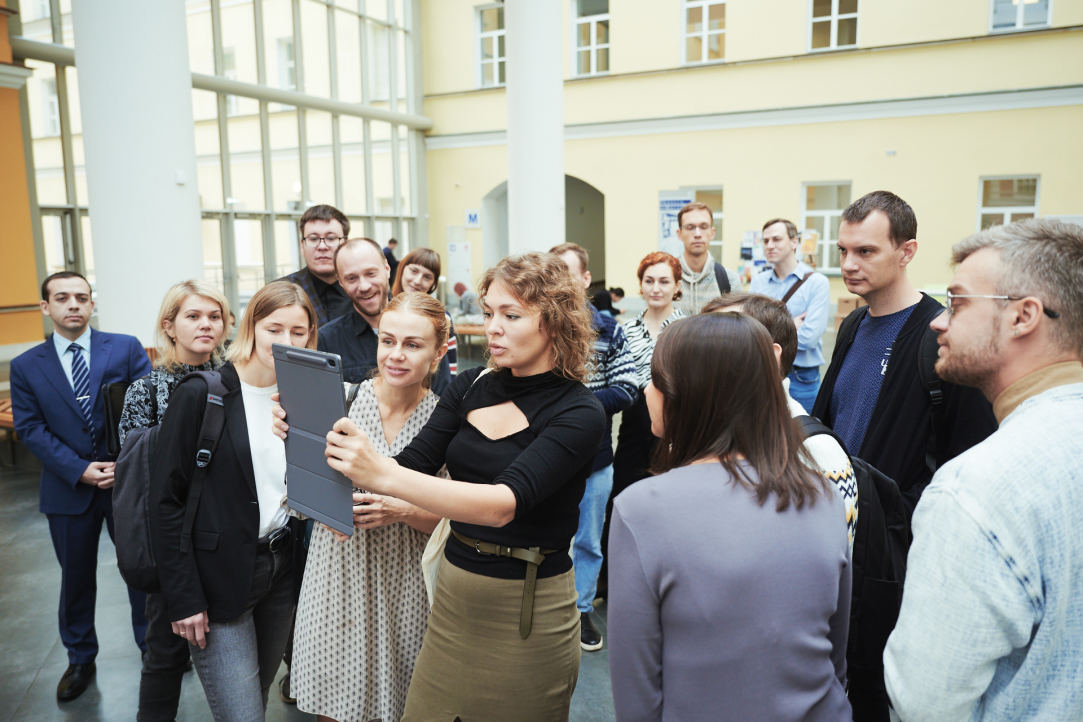
From Chelyabinsk to Krasnodar: 56 Postdocs From Across Russia Join HSE University This Year
A total of 56 early-career researchers will join HSE University in Moscow and St Petersburg in the 2022/2023 academic year as part of the university’s Russian Postdoctoral Fellowship Programme. Some are participating in the programme for the first time, while others are returning for their second year. HSE University in Moscow has welcomed 29 new researchers to its departments.
‘We Managed to Bring Together Specialists in AI, Pure Mathematics, and Neurobiology’
In early September, the HSE University Faculty of Computer Science hosted the international conference Computer Methods of Cognitome Analysis. The event was organised by the International Laboratory of Algebraic Topology and Its Applications at the faculty.
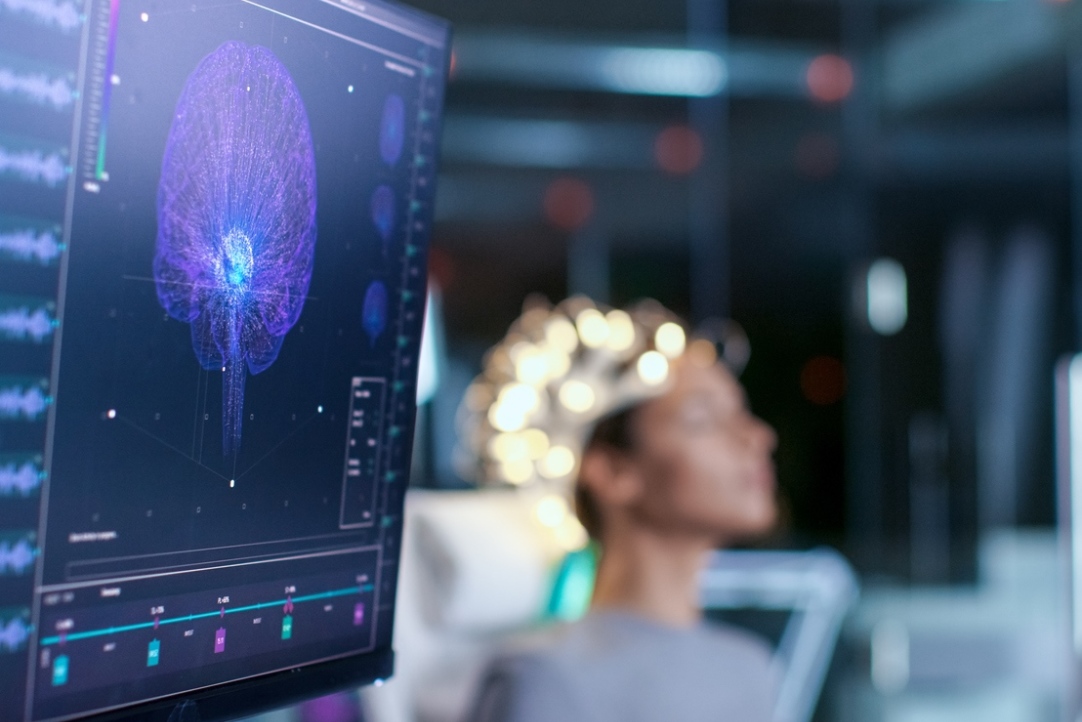
Brain Found to Simultaneously Process Linguistic and Extralinguistic Information
An international team of scientists from the UK, Spain, Denmark and Russia (including researchers from the HSE Institute for Cognitive Neuroscience) conducted an experiment demonstrating that people automatically integrate extralinguistic information into grammatical processing during verbal communication. The study findings were published in the Scientific Reports Journal.

